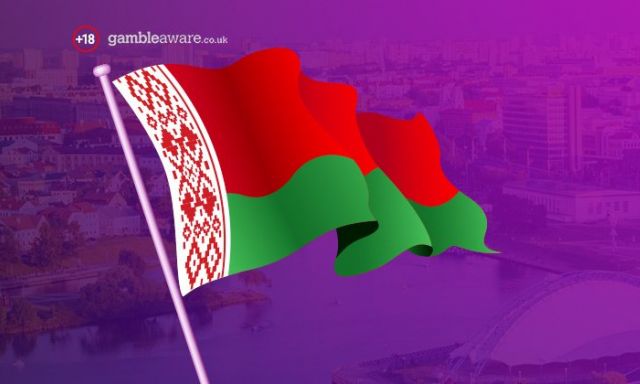Despite established online gambling markets in the UK and Europe, and the emerging position in the United States, there are still a number of countries yet to open up to legitimate gambling operators. In these territories, it is often the case that online gambling happens anyway – just with international operators, outside of the jurisdiction of national authorities.
Waking up to the lost revenue and employment potential of offering fixed legal structures, governments in previously closed markets are now increasingly turning to regulation and taxation as a way of embracing this change in global gambling habits.
Now it looks like it’s the turn of Belarus, which appears to be gearing up to offer legal online gambling to its residents. According to a local news outlet BelTA, new legislation passed in the country last week could now pave the way for online gambling, with operators already lining up to roll out their products in the former Soviet state.
The new law, signed onto the statute books by President Alexander Lukashenko, defines gambling businesses in legal terms, with reference to online ‘virtual’ casinos, in what has widely been interpreted as the green light for online gambling in the Belarus market. The law specifies the conditions required in order to set up a gambling business, as well as setting out procedures for licensing, ongoing regulation and taxation.
Part of the terms hold that would-be operators are required to deposit money into a designated account, as security for any tax or winnings due in the event that an operator collapsed. The amount hasn’t yet been set, but the policy gives some indication as to how Belarus intends to structure their new system of online gambling regulation.
The law also says that national tax authorities would have remote access to virtual casinos, as well as a requirement that operators would have to use a ‘special computer’ in order to process revenues from their gambling activities. These policies appear to be designed to give the regulator teeth, and to ensure the closest possible degree of oversight into how online casinos in the country run their business.
Gambling will be restricted only to those over 21 years of age, in an increase from the current limit, which is set at 18. Casino visitors to land-based establishments will also be banned from lending money to others in order to gamble, and video surveillance cameras are now mandatory for any establishment offering gambling in the country.
The new laws, which cover physical as well as virtual establishments, also addressed the question of taxation, an outstanding issue which had some local casinos feeling nervous. Fortunately for the industry, taxation rates are to remain fixed at the same level for a further three years, a brief reprieve from what was seen as the threat of a much steeper tax burden.
The new laws were introduced firmly with the intention of keeping gambling revenues within Belarus, rather than exporting them through international online operators, as with what happens in most cases at the moment.
Drafted by Sergei Nalivaiko, the Minister of Taxes and Levies, the law had been forecast for some time, as a much-needed upgraded to the current gambling regulation landscape in Belarus. The question now for Belarus is whether this new structure can attract online operators to set up shop within the country and under its new licensing scheme, which will be an essential component to delivering the revenues they’re hoping for.
Only time will tell. But for other countries mulling their own approach to supporting online gambling domestically, Belarus will prove a case study for helping shape their own efforts.








